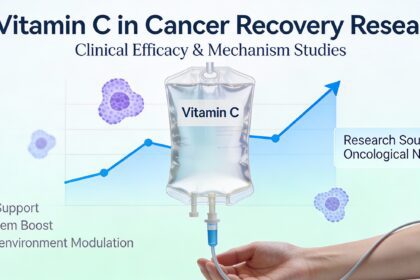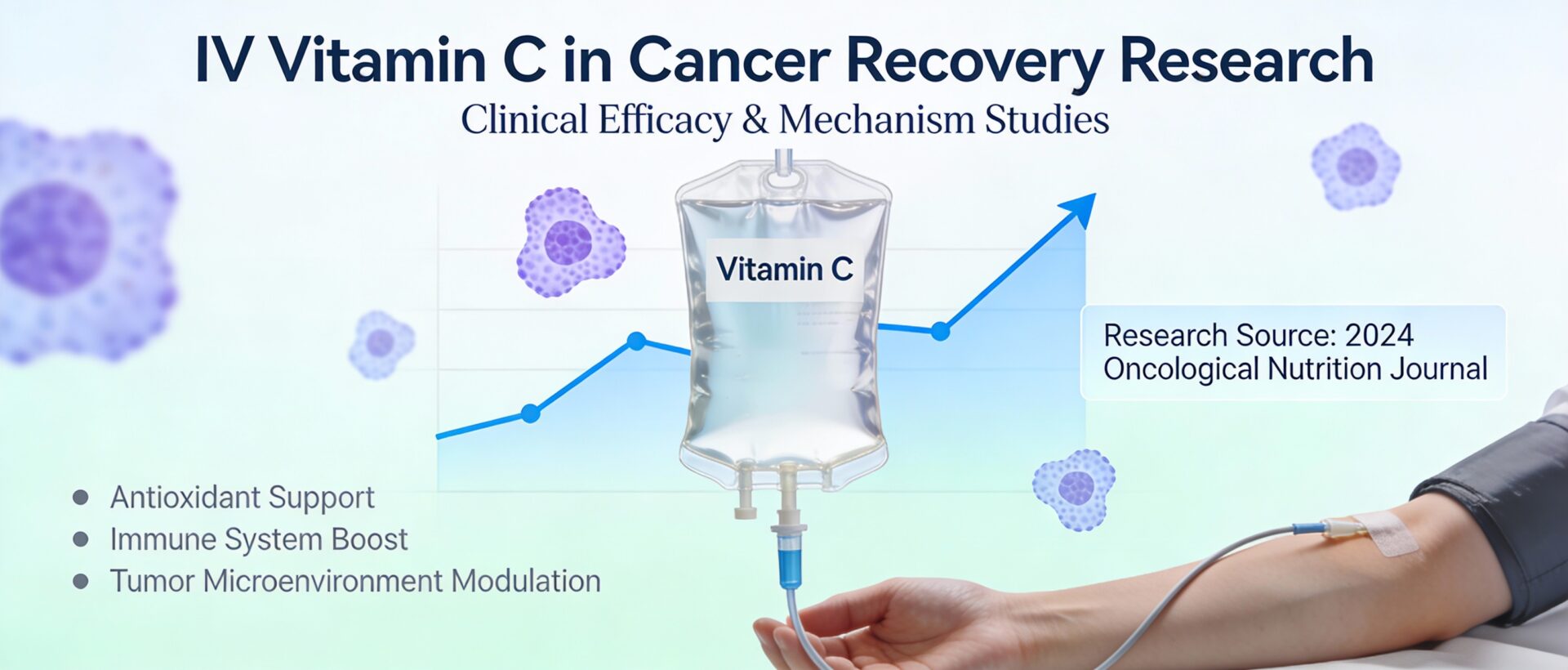Caffeine is the most widely consumed drug in the world. It is a naturally occurring trimethylxantine found in various plants and is generally accepted by most exercise scientists as an effective ergogenic aid. Athletes are among the groups of individuals who are interested in the effects of caffeine on exercise capacity and performance, however while many studies have examined the effect of caffeine consumption on exercise, not all are apt to draw conclusions regarding caffeine and sports performance. Attributes of studies that can better survey the issues of athletes necessitate the use of well-trained subjects, provisions that reflect actual practices in sport, and exercise protocols that reproduce real-life events. There exists a scarcity of field-based research involving elite performers, and researchers are encouraged to incorporate statistical analyses that take into consideration the magnitude of changes, as well as to establish whether these outcomes are actually significant to the outcome of sport.
BY: Dani McVey M.S.
The research that is available that follows such guidelines advocates that performance benefits can be seen with moderate amounts (~3mg.kg.. body mass) of caffeine. Moreover, these benefits are likely to transpire across a wide range of sports, including endurance events, sports involving sustained high-intensity activity lasting from 1-60 min (i.e. mid-long distance runners, swimmers, rowers), and stop-and-go events (i.e. racquet and team sports). The direct effects on single events specific to power and strength, such as sprints, throws, and lifts, are not as clear. Further studies are required to better explicate the range of protocols (i.e. amount of doses; timing) that elicit benefits and the range of sports to which these may relate.
The ergogenic effects of caffeine as a dietary supplement include, but are not limited to:
• A simulating effect on the central nervous system (CNS) that reduces the sense of fatigue, perception of work effort, and in some instances, pain; caffeine produces analgesic effects on the CNS and enhances motor neuronal excitability
• Enhances mental acuity, focus, and technical skill during and post strenuous exercise
• Increases fat catabolism and reduced carbohydrate oxidation in relation to plasma glycerol and free fatty acid levels[/vc_column_text][vc_column_text]The proposed mechanism for ergogenic action of caffeine can be broken down in two different ways:
1. Directly on adipose and peripheral vascular tissues
2. Indirectly from caffeine’s stimulating epinephrine release from the adrenal medulla – epinephrine then acts as an antagonist of the adenosine receptors on the adipocyte cells
The adenosine receptors repress lipolysis; it then triggers hormonesensitive lipases to support lipolysis and releases free fatty acids into the plasma (fatty acids are a vital source of energy and adenosine triphosphate (ATP))
Caffeine and Muscle
– Caffeine may act directly on muscle to promote its capacity for exercise
– It introduces a specific and direct ergogenic effect on skeletal muscle during low-frequency, repetitive stimulation
– Caffeine also enhances the permeability of the sarcoplasmic reticulum to calcium ions, as well as manipulates the sensitivity of myofibrils to calcium ions in order to boost excitation-contraction coupling – the physiological process of converting an electrical stimulus to a mechanical response (i.e. action potential – muscle contraction)
Any performance enhancements achieved as a result of the ingestion of caffeine is directly related to an assortment of variables including:
– How much caffeine is ingested
– When the caffeine is consumed
– Duration and intensity of the activity/exercise
– Whether the individual is a habitual caffeine consumer
In an extensive review done by Ganio et al. (2009) and published in The Journal of Strength & Conditioning Research, 21 previously published performance studies involving the ergogenic potential of caffeine were examined. All of these studies involved either cyclists, runners or swimmers and a final trial component, which has been shown to be the most valid and reliable measure regarding performance assessment. Together, these studies suggested that caffeine tended to improve endurance, however its effects varied greatly, possibly due to the variables listed above. Taking all of the available research into account, and assuming an individual is familiarized to ingesting caffeine (like most individuals are), the following recommendations can be made regarding caffeine consumption:
– Moderate quantities (3-6 mg.kg.. body mass) has been shown to be most effective in athletes
– Time ingestion is no more than 60 min prior to activity, and continuing use throughout competition seems to elicit optimal results
– Habitual caffeine users should cease caffeine consumption 5-7 days prior to competition to optimize its effects
– Ingesting caffeine either in a carbohydrate beverage or in pill form seems most effective, as substances in coffee may diminish caffeine’s overall results
Caffeine Considerations
– Those individuals who are not accustomed to consuming caffeine on a regular basis may experience undesirable side effects if improper dosages are consumed.[/vc_column_text][vc_column_text]1. Anderson ME, Bruce CR, Fraser SF, Stepto NK, Klein R, Hopkins WG, Hawley JA (2000). Improved 2000-meter rowing performance in competitive oarswomen after caffeine ingestion. Int. J. Sport Nutr. Exerc. Metab. 10: 464-475.
2. Astorino TA, Rohmann RL, Firth K (2008). Effect of caffeine ingestion on one-repetition maximum muscular strength. Eur. J. Appl. Physiol. 102: 127-132.
3. Beck TW, Housh TJ, Schmidt RJ, Johnson GO, Housh DJ, Coburn JW, et al. (2006). The acute effects of a caffeinecontaining supplement on strength, muscular endurance, and anaerobic capabilities. J. Strength Cond. Res. 20: 506-510.
4. Ganio M.S., J.F. Klau, D.J. Casa, L.E. Armstrong, and C.M. Maresh (2009). Effect of caffeine on sport-specifc performance: A systematic review. J Strength Cond Res. 23 (1): 315-324.
5. Graham TE (2001). Caffeine and exercise: Metabolism, endurance and performance. Sports Med. 31: 785-807.
6. Schneiker KT, Bishop D, Dawson B, Hackett LP. 2006. Effects of caffeine on prolonged intermittent-sprint ability in team-sport athletes. Med. Sci. Sports Exerc. 38: 578-585.
7. Van Thuyne W, Delbeke FT (2006). Distribution of caffeine levels in sport. Int. J. Sports Med. 27: 745-750.[/vc_column_text][/vc_column][/vc_row]
























